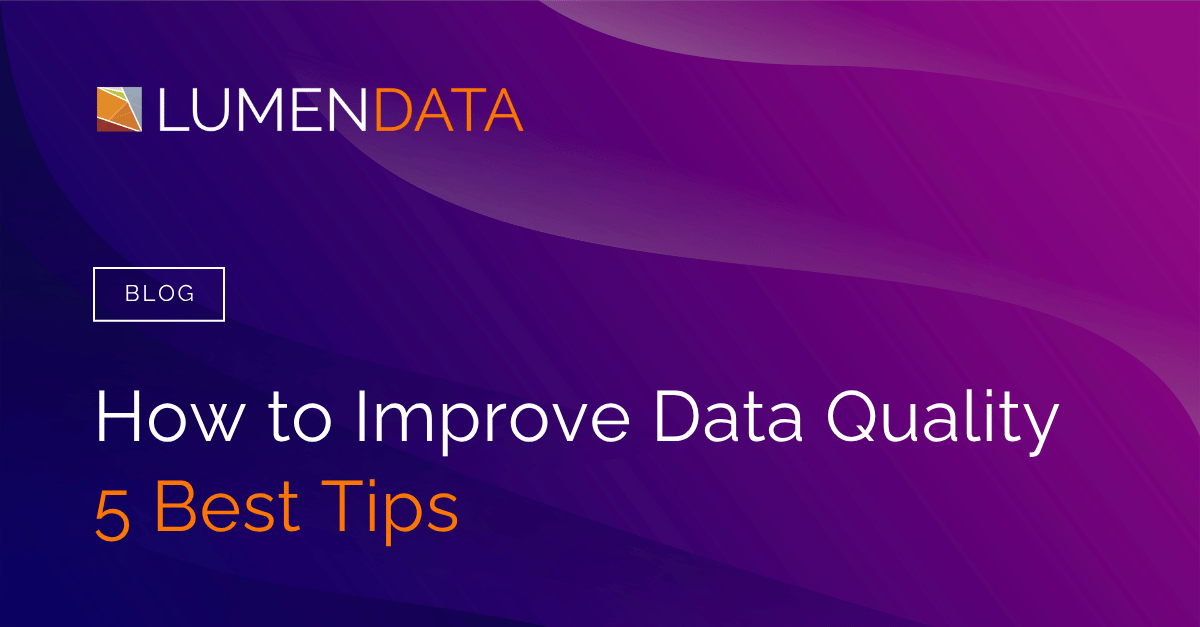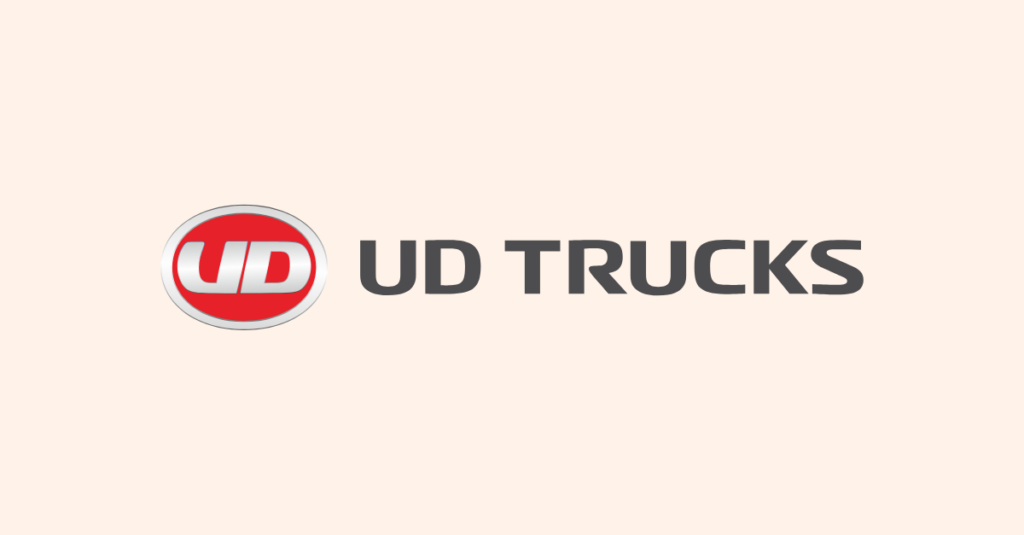Share this on:
What You'll Learn
Want AI, automation, and analytics to work in favor of your business? Building a new artificial intelligence model? Please note that your organization’s most strategic initiative will surely depend on clean, consistent, and reliable data. Good data quality will be your key to success! In fact, improving data quality can help enterprises save 10–25% on operating costs. This blog outlines five high-impact, enterprise-grade strategies to improve data quality.
Organizations today sit on mountains of data but most of it is either unreliable or underutilized.
The statistics are alarming:
- Bad data quality costs organizations a minimum of $12.9 million a year on average.
- 64% of organizations see data quality as a top challenge impacting data integrity.
- 67% of enterprises do not trust the data they use for decision making.
- Only 3% of the data in an enterprise meets quality standards as per a report by Harvard Business Review.
- 90% of the data in an organization is never successfully used for strategic business purposes.
What is Data Quality? Why It Matters?
Data quality is defined as the degree to which a dataset meets its intended purpose. It covers dimensions like accuracy, completeness, consistency, timeliness, uniqueness, and validity. You may call high-quality data as “fit for use” across systems, analytics, operations, and strategic initiatives.
A quick overview of the six dimensions of data quality:
- Accuracy – The data correctly reflects the real-world object or event it represents.
- Completeness – There are no missing critical values or fields.
- Consistency – Data is aligned across systems and time periods.
- Timeliness – Data is available whenever your business teams need it.
- Uniqueness – There are no duplicate records.
- Validity - Data is as per business rules, formats, or standards.
Top-tier organizations are already focusing on data quality and leveraging good quality data to make faster more accurate business decisions, deliver more personalized customized business experiences, streamline operations, improve compliance, and accelerate their AI projects. You can do it too.
Interesting Read: How to Prepare Your Data for AI
5 Best Tips to Improve Data Quality
Tip #1 Form a data governance framework that’s scalable
In the U.S., compliance standards such as SOX, HIPAA, and CCPA requires precise control over data definitions, access, and ownership. If you want to implement a successful data quality strategy, considering enterprise-wide data governance is a must. Your data governance framework or program should contain all necessary details like who owns what data, how the data should be handled, and how the quality of that data will be measured.
Here are some steps you could take to form a strong data governance framework:
- Define data ownership. Assign data custodians across business functions.
- Set standardized policies for data entry, transformation, and entire lifecycle.
- Ensure there is enterprise-grade alignment between business, IT, and compliance teams.
- Leverage modern data tools like Informatica and Collibra to operationalize data governance.
- Document data quality standards using frameworks like DAMA-DMBOK or ISO 8000.
We recommend doing all of this. A recent survey by McKinsey says that companies with mature data governance and quality models are able to deploy advanced analytics 43% and 40% more frequently than companies that are less efficient in these domains.
Tip #2 Audit your current data quality
One question for you: Can you fix something that you can’t measure? No, right?
This is why auditing your current data quality is critical. It enables you to identify where your biggest risks lie. Some of the most common issues that you might come across are missing values in customer data, duplicate records, and inconsistent data formats across departments.
Start profiling your datasets. Implement continuous data profiling and observability to monitor quality in real time.
- We recommend using tools like Informatica to scan for completeness, consistency, accuracy, uniqueness, timeliness.
- Consider creating a data quality scorecard with KPIs related to business impact.
- You could also set monthly/quarterly improvement targets based on your business requirements.
Tip #3 Standardize your data at entry points
It is rightly said, “Garbage in, Garbage Out.” One of the best ways to improve data quality is to stop bad data from entering systems in the first place.
One common challenge faced by U.S. enterprises is that data defects often originate at the point of capture. It could be a CRM form, a vendor portal, or an ETL job. By the time bad data reaches business intelligence or AI systems, it’s already caused damage.
The solution is simple – Shift data quality upstream.
It is rightly said, “Garbage in, Garbage Out.” One of the best ways to improve data quality is to stop bad data from entering systems in the first place.
One common challenge faced by U.S. enterprises is that data defects often originate at the point of capture. It could be a CRM form, a vendor portal, or an ETL job. By the time bad data reaches business intelligence or AI systems, it’s already caused damage.
- Implement data quality firewalls that would block or quarantine bad records before they enter downstream systems.
- Build data validation into CRM, ERP workflows.
- Validate fields in real-time. Examples: zip code format, phone number structure.
- Use predefined lists to eliminate inconsistent entries
Tip #4 Automate data quality monitoring
Even with strong governance and validations, your data can decay over time. That’s exactly why forward-thinking organizations leverage automation and AI-based data observability tools to monitor data quality 24/7.
You could consider leveraging Informatica IDMC services. Its data quality and observability capabilities enable you to automate with AI. With Informatica, you can automate and scale data profiling and integrate data cleansing and standardization for many use-cases. You also get access to prebuilt AI-powered rules and accelerators.
LumenData is a proud enterprise platinum partner with Informatica and can provide support for multi-domain MDM, Informatica Data Quality, Enterprise Data Catalog, Customer 360 SaaS, Reference 360 SaaS, Supplier 360 SaaS, & more. Learn more about our partnership with Informatica here.
Tip #5 Create a culture that prioritizes data quality
You can introduce modern data quality tools and policies into your organization. But none of it will make sense if business teams don’t care or don’t understand how their actions would impact data integrity.
Sustainable data quality improvement is everyone’s responsibility. Here’s what you could do to enable it:
- Consider appointing data stewards in every business unit who can define, monitor, and improve data in context.
- Train business teams on data entry standards and quality awareness. 90% of business leaders consider data literacy as key to company success.
- Recognize and reward teams that maintain high-quality datasets.
Choose premier data quality services for your organization. Choose LumenData
If you are looking for a data quality and management partner to guide your business transformation, LumenData’s experts can help you assess, operationalize, and scale with modern data tools and frameworks.
We are a premier provider of enterprise data management and data quality services in the U.S. With over 273+ technology certifications from Informatica, Snowflake, Databricks, Fivetran, and other leading data platforms, we provide end-to-end delivery
– right from advisory and data architecture to implementation, training, and ongoing support.
Connect today to learn more.
About LumenData
LumenData is a leading provider of Enterprise Data Management, Cloud and Analytics solutions and helps businesses handle data silos, discover their potential, and prepare for end-to-end digital transformation. Founded in 2008, the company is headquartered in Santa Clara, California, with locations in India.
With 150+ Technical and Functional Consultants, LumenData forms strong client partnerships to drive high-quality outcomes. Their work across multiple industries and with prestigious clients like Versant Health, Boston Consulting Group, FDA, Department of Labor, Kroger, Nissan, Autodesk, Bayer, Bausch & Lomb, Citibank, Credit Suisse, Cummins, Gilead, HP, Nintendo, PC Connection, Starbucks, University of Colorado, Weight Watchers, KAO, HealthEdge, Amylyx, Brinks, Clara Analytics, and Royal Caribbean Group, speaks to their capabilities.
For media inquiries, please contact: marketing@lumendata.com.
Authors

Content Crafter

Technical Lead



